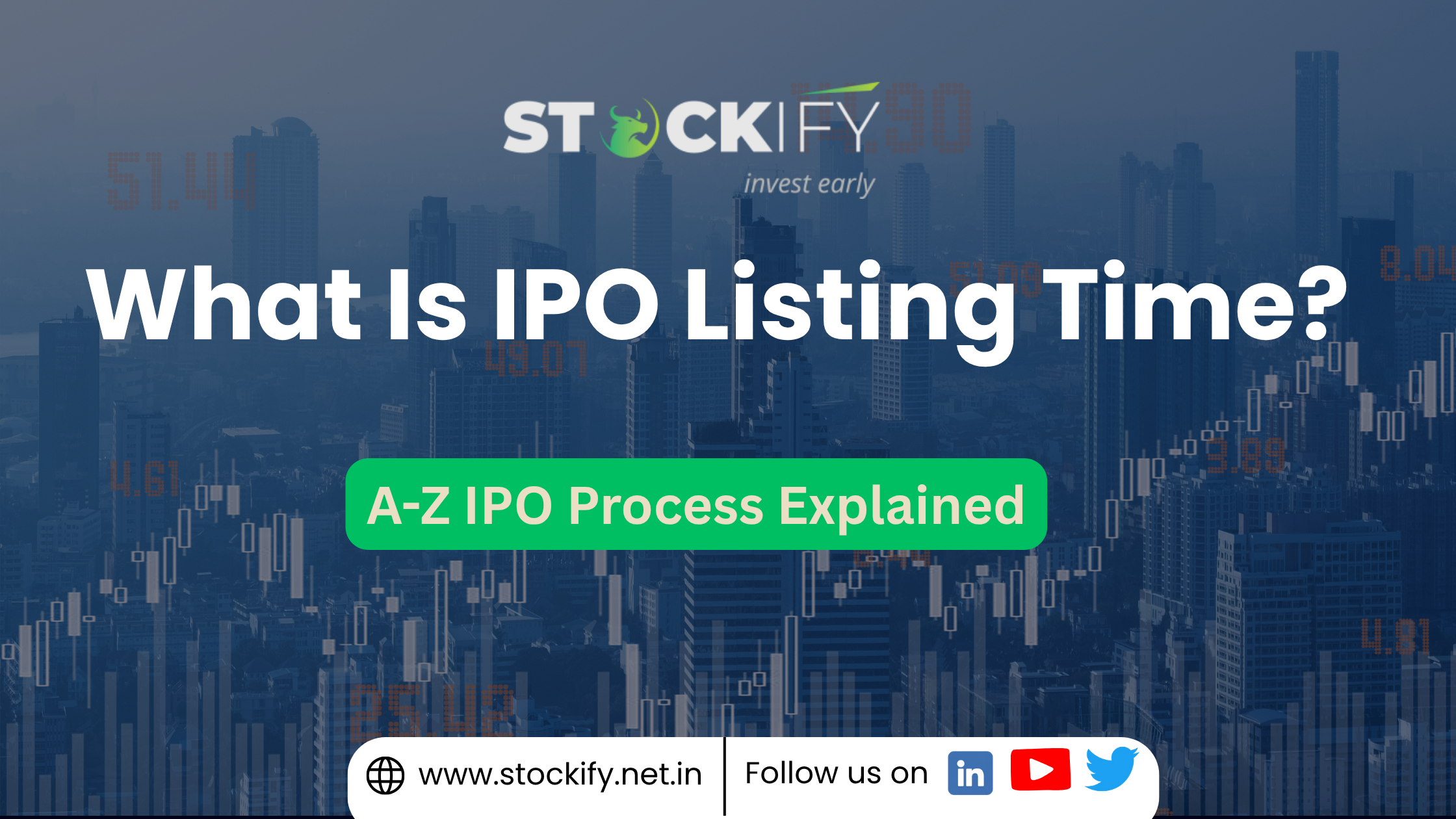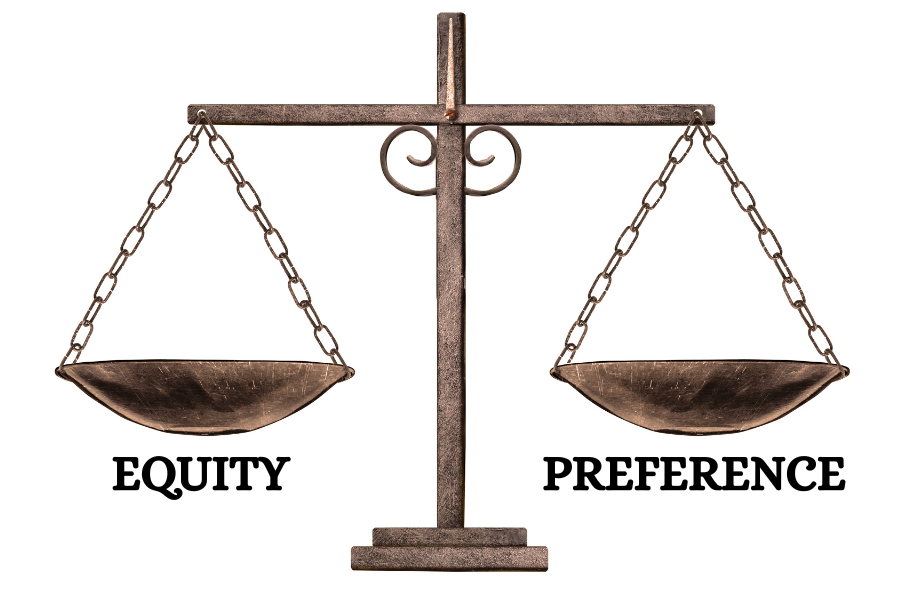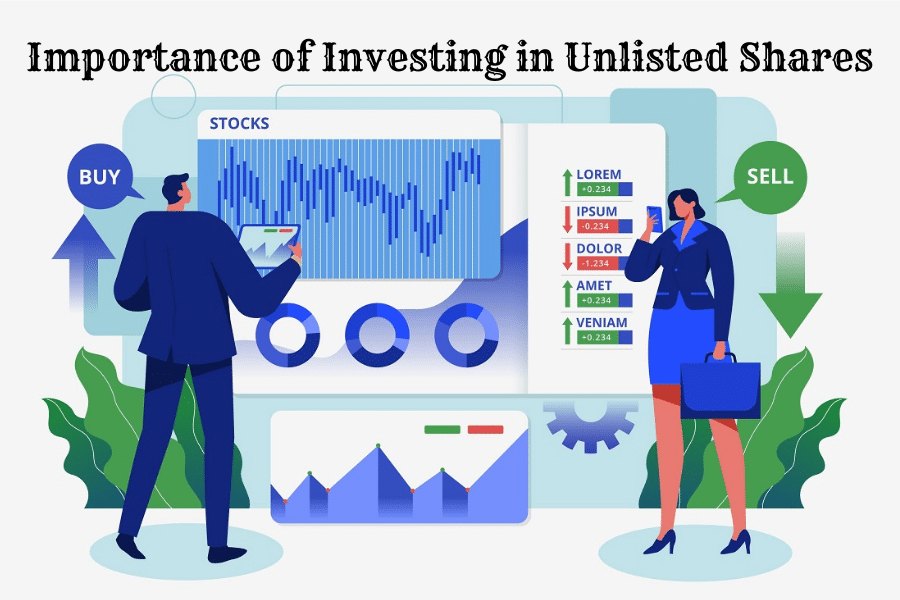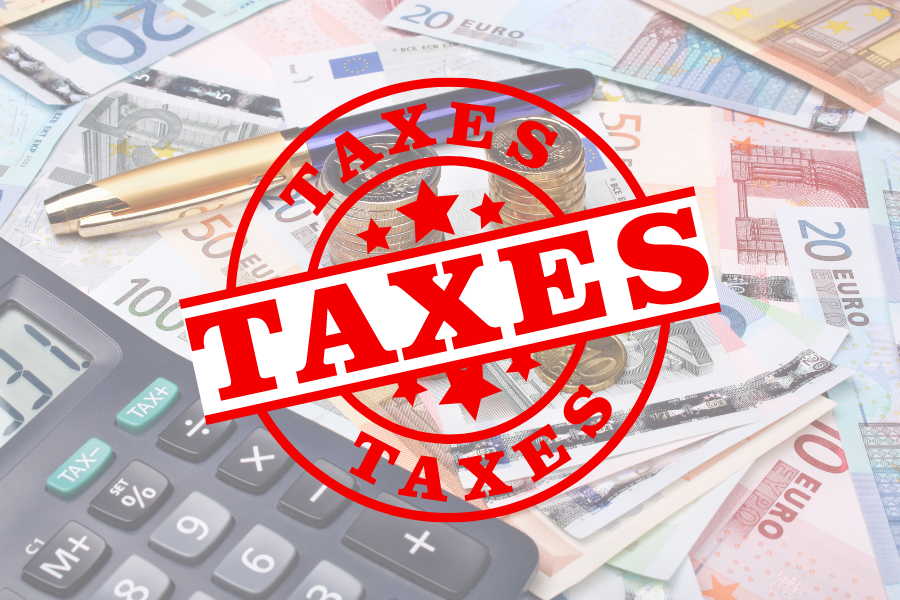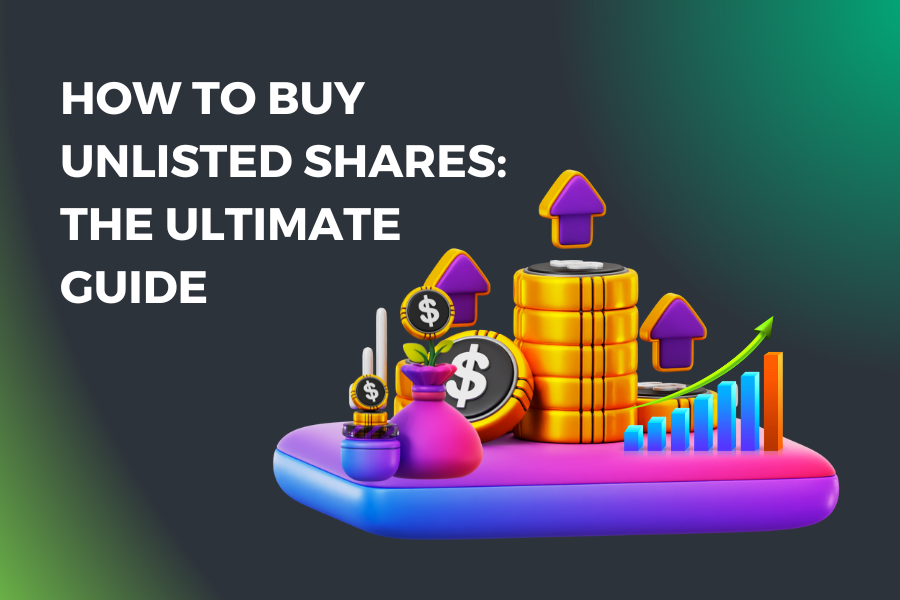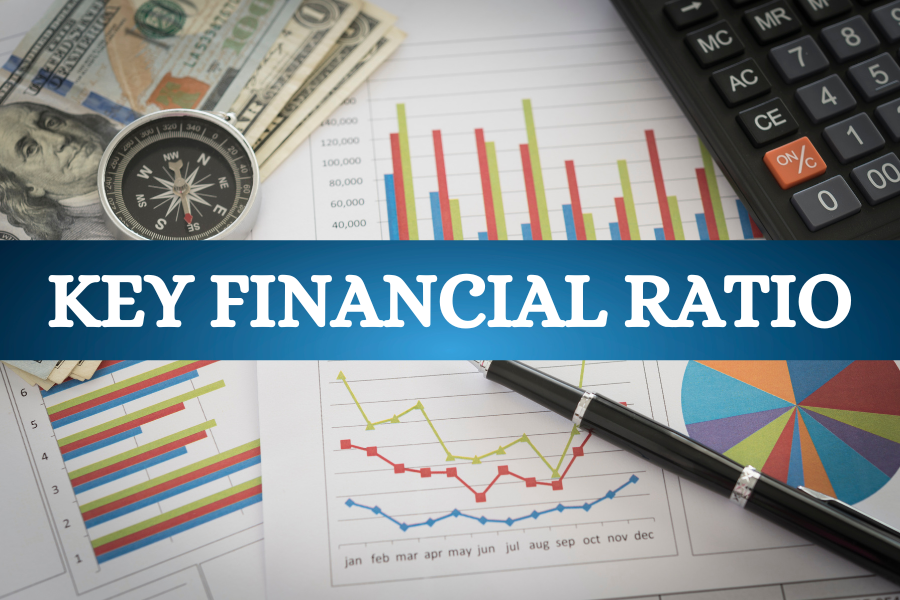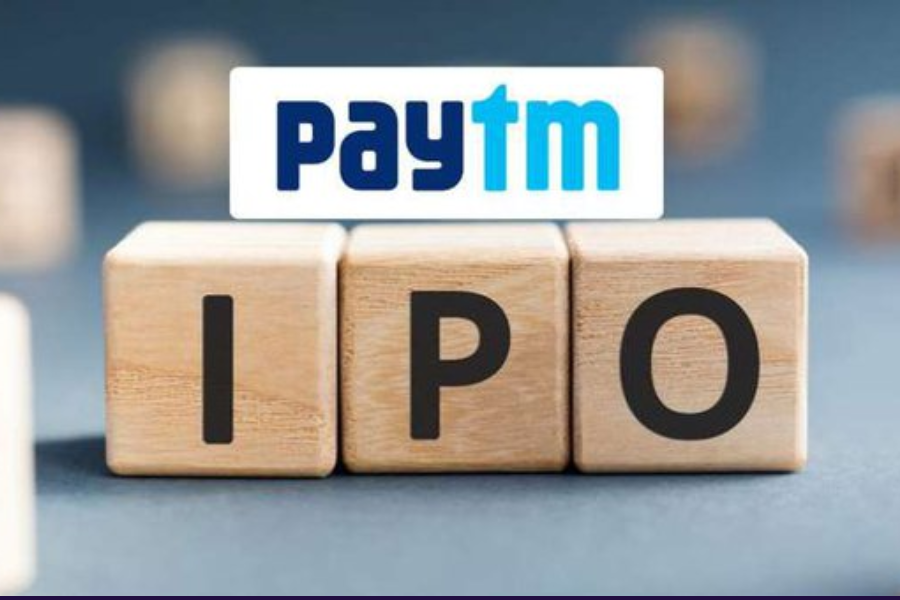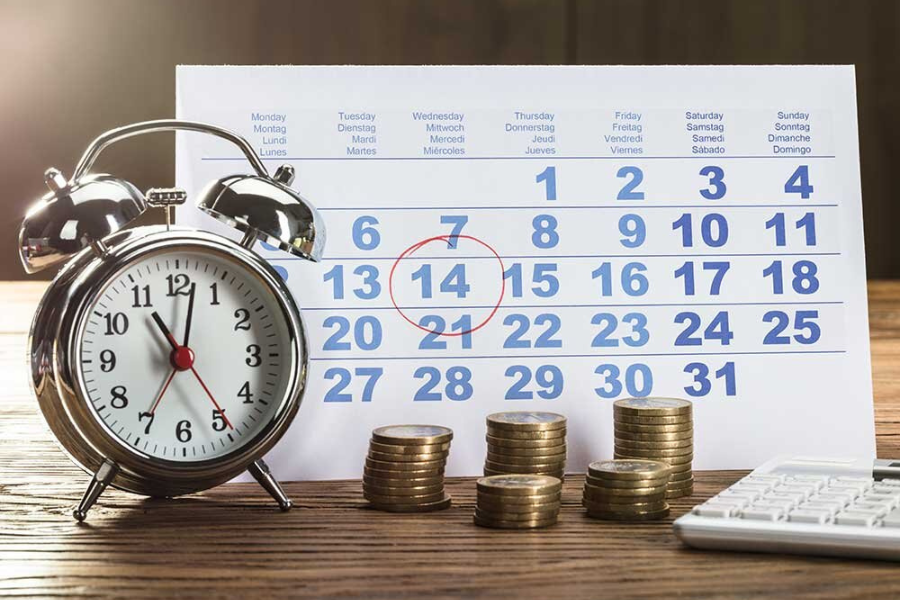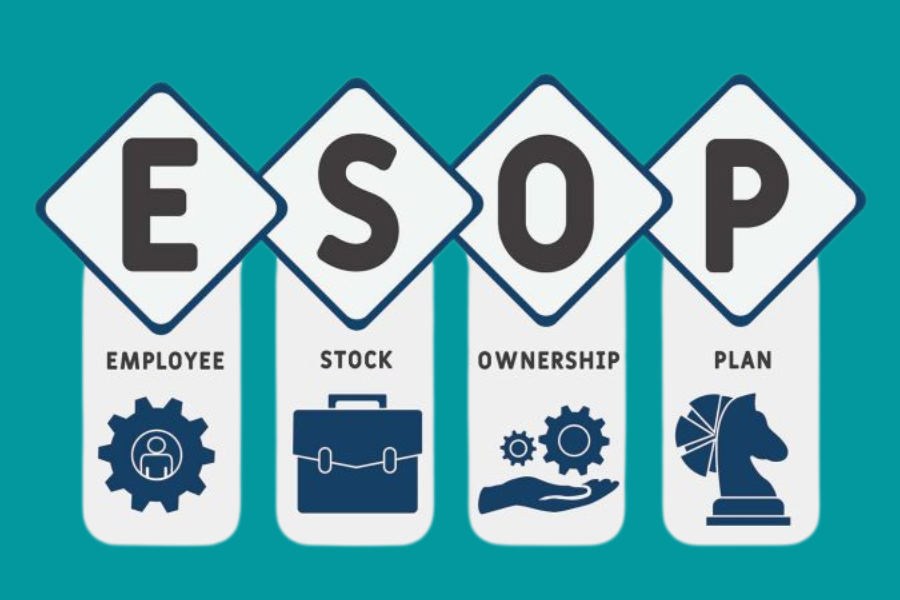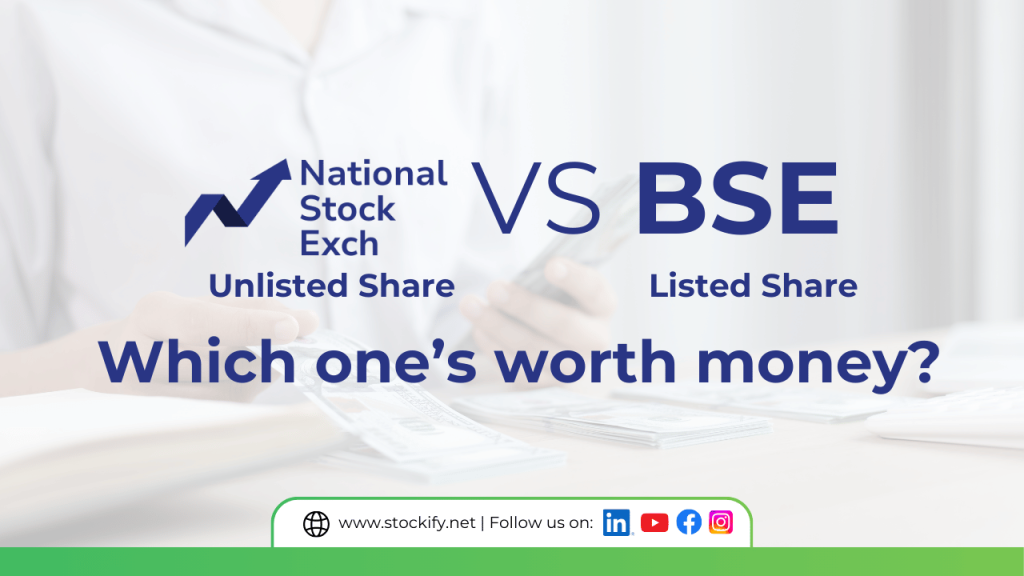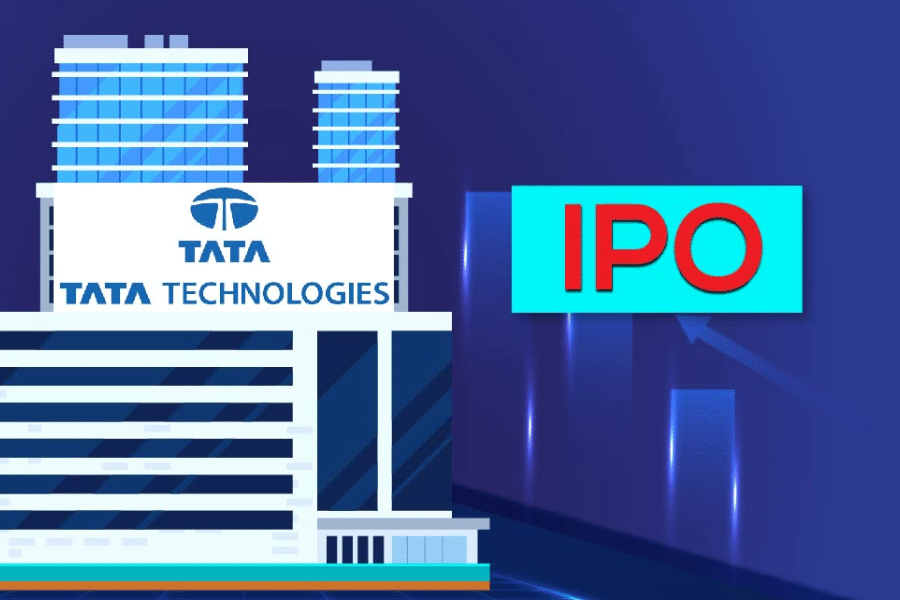Table of Contents
Buy/Sell Your Unlisted Shares
Submit the details below to share a quote.
Initial Public Offerings (IPOs) have become increasingly popular among retail investors in India. However, one common question that remains is "What is IPO listing time?" In this blog, we’ll explore the IPO listing time in India, the process behind it, and what you should know as an investor.
What is IPO Listing Time?
IPO listing time refers to the exact time at which a company's shares start trading on the stock exchange after an IPO. In India, stocks get listed on the NSE and BSE. The listing time of an IPO is 10:00 AM on the listing day.
This means if you’ve been allotted shares in an IPO, they become tradable for you starting at this time.
IPO Listing Day Timeline in India
Although the stock market officially opens at 9:15 AM IST, IPO listings follow a different timeline, officially starting trading at 10:00 AM, as determined through a pre-opening process. This pre-open session is between 9:00 AM and 10:00 AM.
Before a company's shares are made available for public trading, it undergoes a well-defined Initial Public Offering (IPO) process. Below is an overview of the IPO process that outlines how a company transitions from being privately held to publicly listed.
Understanding the IPO Process in India
A) Appointment of a Merchant Banker
The company selects one or more SEBI-registered merchant bankers (lead managers) to manage the IPO. They handle due diligence, documentation, regulatory compliance, and overall IPO execution.
B) Approval from SEBI/Exchange on Draft Offer Documents
A Draft Red Herring Prospectus (DRHP) is filed with SEBI for review. SEBI evaluates it for legal, financial, and operational transparency before granting approval.
C) Seeking In-Principle Approval from the Exchange
The company applies to stock exchanges (NSE/BSE) for in-principle listing approval. This ensures that the company meets eligibility criteria for public listing.
D) Price Determination
The company, in consultation with lead managers, sets a price band for the IPO (in case of book building) or a fixed price. It is based on valuations, peer comparisons, and investor appetite.
E) Filing of Offer Document with Exchange
Once SEBI approves the DRHP, the final Red Herring Prospectus (RHP) is filed with the exchanges and made public for investor reference before bidding opens.
F) IPO Road Shows
Company management and merchant bankers conduct domestic and international road shows to market the IPO. These events target institutional investors and help build investor confidence.
G) IPO Bidding Period
The IPO is open for subscription to retail, HNI, and institutional investors, typically for 3 working days. Investors place bids within the specified price band through ASBA.
H) Allotment of Shares
Post bidding, the registrar finalises the allotment based on investor demand. Shares are credited to successful applicants’ demat accounts, and refunds are processed for others.
I) Listing of Shares
Shares are listed on the stock exchanges, usually within 6 working days from the issue close. Trading begins at 10:00 AM on the listing day, allowing investors to buy and sell.
J) Post Listing Documentation
Post-listing, the company must comply with ongoing disclosure norms, quarterly results, corporate governance filings, and other obligations mandated for listed entities.
IPO Listing Price
The Indicative Equilibrium Price (IEP) becomes the listing price, also the price at which the stock starts trading.
The IEP is calculated based on the buy and sell orders placed during the pre-open session. This price keeps changing as more investors place/update or cancel their orders. The final IEP decided at the end becomes the IPO’s opening price on the listing day.
Factors Affecting Listing Price
The price can be influenced by a variety of market forces that determine whether the stock debuts at a premium or discount. Understanding these factors can help investors make better listing-day decisions. The key factors that impact listing price, including but not limited to:
1. Investor Demand
Higher demand during the IPO bidding phase often translates into a stronger listing. Oversubscribed IPOs usually open at a premium due to strong investor interest.
2. Grey Market Premium (GMP)
The GMP gives an informal indication of what investors are willing to pay before listing. A high GMP often reflects positive sentiment and anticipated listing gains.
3. Overall Market Sentiment
Bullish markets tend to boost listing prices, while bearish conditions can dampen even fundamentally strong IPOs.
4. Company Fundamentals
The financial health, business model, growth potential, and sector performance of the company all play a role in how the market perceives its valuation.
Issue Price vs. Listing Price
If the listing price is higher than the issue price, it’s called a listing gain. If it opens lower at a lower price, it’s a listing loss
FAQs
Can You Sell IPO Shares on Listing Day?
Yes. If you've been allotted shares, you can sell them right after trading opens at 10:00 AM on the listing day. However, large shareholders like promoters and anchor investors often have lock-in periods and cannot sell immediately.
What is the IPO listing time in India?
IPO shares start trading on the stock exchange at 10:00 AM IST on the listing day, following a pre-open session for price discovery.
Can I sell my IPO shares before 10:00 AM?
No, you can place a sell order during the pre-open session (9:00 AM to 9:45 AM), but actual trading starts only at 10:00 AM.
How is the IPO listing price decided?
The listing price is determined during the pre-open session based on demand and supply. It’s called the Indicative Equilibrium Price (IEP).
Can I buy IPO shares on listing day?
Yes, anyone can buy shares on the listing day once trading starts at 10:00 AM, just like any other stock.
Do all IPOs open at a premium?
No. Some IPOs list at a premium, some at par, and others at a discount depending on demand and supply, market sentiments, and company fundamentals.


